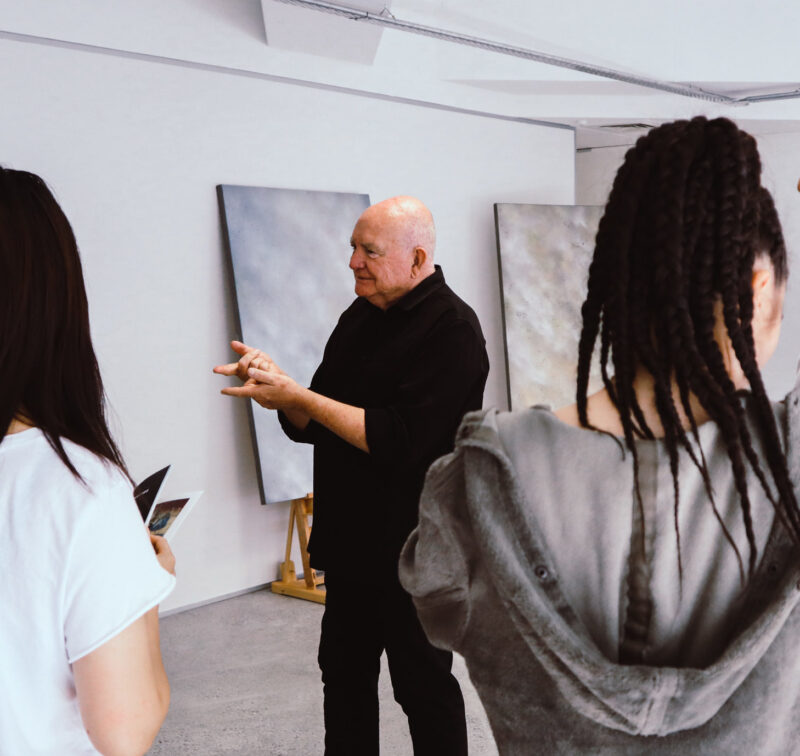Natural Dye Garden Project
The Whitecliffe School of Fashion & Sustainability has established a Natural Dye Garden at the Symonds Street Campus. The school understands the imperative need of imparting education that creates meaningful connections with the earth and our ecosystems.

The Whitecliffe School of Fashion & Sustainability has established a Natural Dye Garden at the Symonds Street Campus. The school understands the imperative need of imparting education that creates meaningful connections with the earth and our ecosystems. Earth-Centred Design & Cultural Sustainability and Earth-Centred Design Thinking and Practices, are two new courses developed within the new Bachelor of Sustainable Fashion Design, with a vision to acknowledge the urgent need to address the negative environmental and social impact of the fashion industry and redesign the value of fashion through experiential hands-on learning experiences of regenerative design. We strongly believe that by engaging and connecting with nature, one can gain perspectives that can help instill a sense of responsibility within the students to take positive action towards the emerging challenges arising out of our current wasteful systems.
The area designated for the natural dye garden, was identified by the school, and the process for clearing the space began along with a plan that included the number of garden beds and the layout that kept in mind the position of the sun. Based on layout and the plan, seedlings for madder, woad and weld raised by Belinda Watt, using the seeds from her natural dye garden, were then planted by the Year one students during their Earth-Centred Design class.
An area has also been designated in the dye garden for composting food and calico waste generated in the studio and this has been initiated by the school to enable students to understand the process of decomposition and biodegradability. As a future initiative, the school is planning on installing a rainwater harvesting system, that will collect and hold rainwater for the dye garden. The garden will also have a bed to grow salad greens and herbs, some fruit trees and a worm farm.



Talk to our team

If you would like to ask us a question or request more information, please detail your enquiry using the form below. If you would like you can contact us directly on 0800 800 300, email us or use the contact us form.